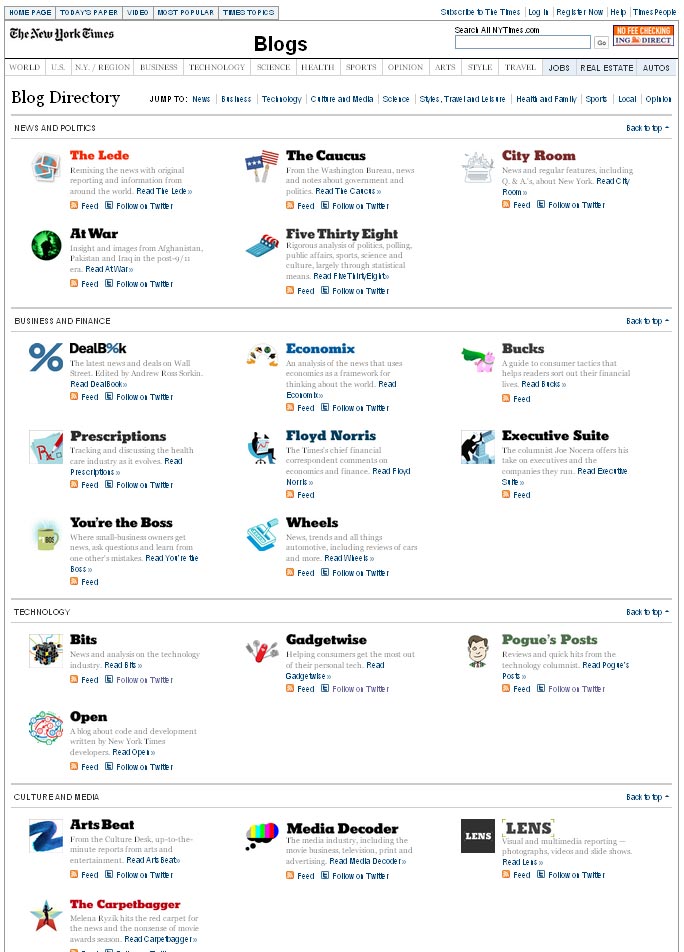WordPress 3.2 recently launched with hopes of bringing a “faster and lighter” approach to the publishing platform. This launch marks the 15th major release of the open source platform and comes just 4 months after the launch of WordPress 3.1.
Have you tried WordPress 3.2 yet? If so, how do you like it?
The newest version actually arrived on July 4th, which is, of course, Independence Day for those of us here in America. Matt Mullenweg, the founding developer of WordPress, told us that the timing was fitting since it celebrated the independent Web on Independence Day.
“At the core, open source is about freedom – it’s the freedom to run the software for any purpose, it’s the freedom to be able to get under the hood and modify any code you want, and the freedom to really do whatever you like with the software. So, celebrating that on a day when America also celebrates its freedom seemed great,” he said.
As for the specifics of WordPress 3.2, there are several new features and improvements. As mentioned earlier, the focus of this version was to make it “faster and lighter.” To meet this goal, WordPress made over 400 bug fixes and improvements, most of which had to do with performance.
“Before people even notice a new design, often they notice just how much faster it loads,” said Mullenweg.
The new design is very clean and focuses on the essential elements. Mullenweg said they wanted to ensure that “every single pixel on the screen had a purpose and was there for a reason.”
Another new feature of WordPress 3.2 is its “distraction-free writing,” or “zen mode” as Mullenweg likes to call it. This is his favorite feature of the release because everything fades out except the text, giving the writer the ability to completely focus his thoughts.
“When you’re using WordPress, it’s a tool. What’s really most important is your writing,” he said.
WordPress additionally released the HTML5 new Twenty Eleven theme, which is part of its plan to reveal a new theme every year. This theme, in particular, includes a big header, dynamic menu systems, and it also posts different content types with the new post format feature. The HTML5 aspect preserves readability and design elements of WordPress blogs and sites when they are opened on laptops, tablets, and mobile devices. Mullenweg also told us that HTML5 would be the way to the future.
WordPress 3.2 is also known as “Gershwin,” in honor of the renowned composer and pianist George Gershwin. Mullenweg explained to us that there was a “dynamic range in both the tonality and the tempo” in “Rhapsody in Blue.” He went on to say that WordPress 3.2 “embodies that” since “there’s something for everyone.”
While the majority of people appear to be giving the new version of WordPress good reviews, Chester Wisniewski, a Senior Security Advisor with Sophos, indicated in a post that he would like to see more security. In response to this, Mullenweg said, “Security is not a feature, it’s a process. And so, it’s not something that we can just tack on.”
He further explained that it was an ongoing process that involved continuing audits, reviews, and responses. He believes firmly in responding quickly to incidents in order to let users know about a problem.
“No matter what you try or how hard you do [it], there will always be an issue somewhere,” he said. “What we try to embody in WordPress is we don’t sweep security under the rug.”
Both WordPress.org and WordPress.com actually experienced security issues earlier this year, but Mullenweg assured us that they had been resolved due largely to early detection.
On the topic competition, he told us that WordPress receives over 1,000 bloggers each day from Google’s Blogger. Since Mashable reported that Google would change the name of “Blogger” to “Google Blogs,” we asked him if he expected more bloggers from Google, if, in fact, this report comes true. In response, he said, “I would love to welcome more of those people to the WordPress family.”
He was quick to point out that he would never “discount Google” or “downplay” its service. He thinks that Google has been very innovative lately and said that he would like to see them integrate their blogging platform into Google+. However, he does wish that they would make their platform open.
“I hope that they make that platform open, so the people who choose to host and run their own software using WordPress will have the same access to the social features in Google+, or whatever it is, through APIs, as Blogger users will,” he said. “I think Google will do the right thing.”
In terms of WordPress.com, there has been some speculation regarding the rapid growth of Tumblr. Recent reports show that Tumblr has more than 20.9 million blogs, and that WordPress.com has just slightly over 20.8 million. However, recent statistics show that there are 50 million WordPress sites in total.
Mullenweg told us that they take Tumblr seriously and that they even incorporated some similar features into WordPress 3.2. The WordPress platform has always been about giving users control and flexibility, and he said they would continue to meet this goal.
Believe it or not, the WordPress team is already working on WordPress 3.3. Mullenweg couldn’t tell us much about it, but he did say, “it’s gonna be fun.”




